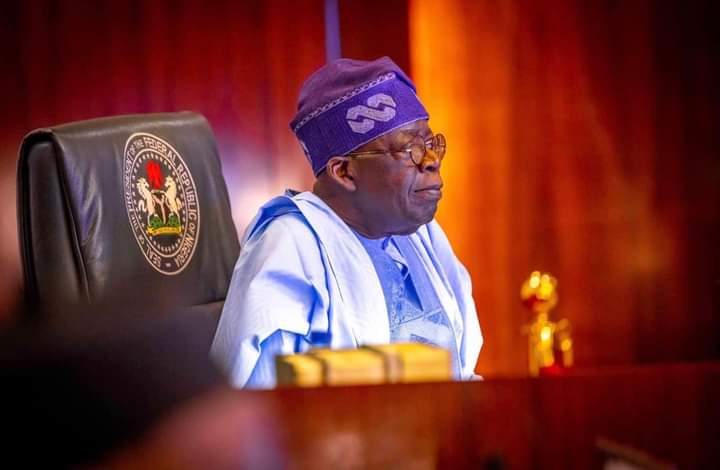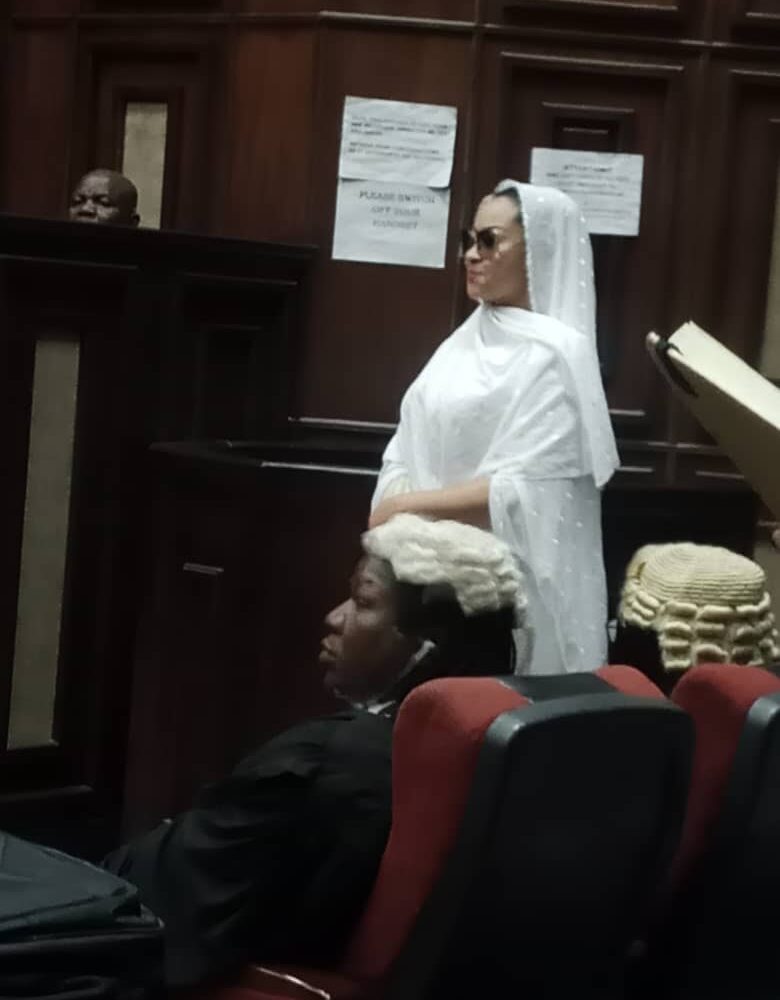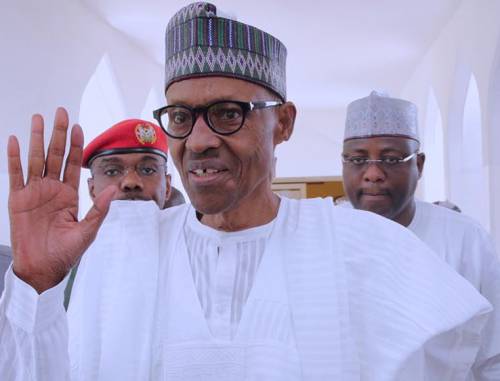One globally concerns for political economist and economist’s of either the classical, Keynesians and neo Keynesians schools. Is that they never shy away from the question borderings on tax . Particularly, the central question on taxation and economics growth, or the argument of Marxian economist that tax revenues should be evident in economic development not in growth measures alone.
However, from the stable of national governments across the world. The hope of incurring higher revenue never stop them from targeting and raising around “10% of GDP in taxes or to raising around 40%”.
While, the developed nations have mastered this practice so well that the positive result from tax collections, is evidently seen in how there government put it back. To essentially finance investments in human capital, infrastructure and the provision of services for there citizens. Sadly, same can’t be said about majority of nations regarded as developing or emerging economies because of the politics of tax and poverty of understanding how it usage helped to reduces economy gaps.
Instructively, the very principles behind tax or the collection of taxes and fees. Is not just about distributives resources or control of luxury goods, but a key to development priority. Although there is the very argument that made tax, a paramount element for businesses to enjoy a set of right price incentives for sustainable private – sector investment, on the short,medium or long term.
This may depend on the context of stakeholders and tax regulators interest. Moreso, if it is a cooperative environment with less fight over tax evasions and avoidances. Arguably, taxes have a key role to play in making economic growth sustainable and equitable, especially in the context of rescuing a nation from financial crisis. Meanwhile, we cannot rule out the magnitudes poor nations are struggling with the very key facts about taxes. As mentioned earlier, but with emphasis now. Collections of taxes and fees is a fundamental way for countries to generate public revenues that make it possible to finance investments in human capital, infrastructure, and the provision of services for citizens and businesses.
The foregoing above give us opportunity to interrogate a recent Nigerian state decisions on its tax administration. In the past days drawn local and global attentions. And many experts have expressed opinion’s. That demonstrate trend understandings of the economic and political forces that shape the ways tax as a fiscal policy is politicised to create economy gaps in the country.
And the Nigerian media aptly captured the news of President Tinubu signing four Executive Orders suspending the implementation of some key tax laws. In a detailed released statement by Special Adviser to the President on Special Duties, Communications and Strategy Dele Alake. Amongst the Executive Order signed by the President includes the suspension of the “5% Excise Tax on telecommunication services as well as the Excise Duties escalation on locally manufactured products.
Similarly, is the suspension of the Import Tax Adjustment levy on certain vehicles. Another is the new Executive Orders , deferring the commencement date of the changes contained in the Finance Act from May 23, 2023, to September 1, 2023. In addition is suspension of the newly introduced 10% Green Tax through Excise Tax on single-use plastics, such as plastic containers and bottles.
The presidency justified reasons behinds the orders has carefully thoughts out to “ameliorate the negative impacts of the tax adjustments on businesses and chokehold on households across affected sectors”. Hence, acknowledging the challenges and for the government not to exacerbate the plights of Nigerians. For instance, the Tinubu Administration said it noticed that some tax policies are being implemented “retroactively with their commencement dates, in some instances, pre-dating the official publication of the relevant legal instruments backing the policies”. Again, it recognised the noble idea and intentions behind “upward adjustments of some of these taxes . As they were designed to raise revenue and address environmental and health issues”. At the same time, raised issues that the tax law “generated significant challenges for and elicited serious complaints amongst key stakeholders as well as in the business community”.
Pertinently , the government discovered this gaps as hindrance to implementation’s of the tax law. But it important to stress here that many of the contents in the suspended tax laws were to reduce the nation over dependence on petrol dollar rentier economy. That is not just sufficient as a revenues to finance and meet the basic needs of citizens and national developments, has the world is already moving away from fossil fuels. Although, the non oil sectors is key economic diversification route government wanted to cash on through tax remittances from services, import and exports. For us reckoning with this level of taxation is an important tipping point to make the Nigerian state viable and put it on a path of not just growth, but economic development. While the recent achievement of nations 8% of GDP to tax from 6% of GDP to tax was well received, even though the Tinubu’s government target is 18% to GDP in taxes
Meanwhile, the nation GDP still hover around $500billion fall short of the Buhari government target of $1trillion promise.
On the other hand, this reason why tax and it target of increasing revenue collection generate political forces and economic gap’s .
In retrospective, successive Nigerian government task in ensuring it administered a proper tax policy. Dated back to 2012 when a modest effort to entrench a robust and efficient tax system in Nigeria, the National Tax Policy (NTP) was first published in 2012.
Notably, the Buhari adminstration between 2016 and 2022, show serious commitment by reviving the National Tax Policy (NTP), with target to accommodate an operational tax system and clear implementation and monitoring strategies for stakeholders in the system. Clearly, this were also demonstrated through legislation to resolve and support all new socio-economic efforts by taxation. With new tax law such as the Finance Act 2023, notably for providing the 0.25 per cent levy on commercial companies Profit Before Tax (PBT) to fund the National Agency for Science and Engineering Infrastructure (NASENI). Toward enhancements, of Research and Development (R&D), technology and innovation to transform the national economy. As a critical departure for Nigeria to join the rest of the developed nation’s deploying and using knowledge, research, science and technology innovation to positively turn around there nation’s economy.
The government having considered NASENI obvious values of adding to the socio-economic transformation of the country with world class designs and fabrication of machines, equipment, including successful research and development activities of various technology devices to transform the nation’s industrial sector and competitiveness.
Worthy has this could be, the tax laws to be implemented raised dust in the variation of what to collect, when to collect and intricate of multiple taxations. For the facts of it, having a disjointed tax law for remittances in a macroeconomic headwinds. Is not just a slap on our face in line with global best practice, but we have succeeded to create a system that would suffocates businesses and taxpayers.
That are burden with rising costs, negative profit margins and capacity underutilization brought forward by our national economy deficits. And has the government sincerely said, if it has not put an hold to it through the Executive Orders suspensions “the current administration presents an image of policy inconsistency and creates an atmosphere of uncertainty for businesses operating in Nigeria”. Recognizing, the importance of “more consultation and a holistic approach to the country’s net zero plan in a manner that does not impact the economy negatively”
According to the World Bank Group (WBG), developing countries that are most in need of revenues, including Fragile and Conflict-Affected States (FCS), often face the steepest challenges in collecting taxes. Nigeria inclusive in this categorization and predicament on tax .
As we concludes, confronting us is what solution option’s we are left with. Of a truth, the national financing gap to achieving development estimates is about N25 trillion annually. Succinctly much of this financing gap will need to be met through effective tax remittances. Which requires appropriate fiscal tax policies to create the needed price incentives for businesses and taxpayers.
Another is to avoid complicated tax systems associated with high levels of tax evasion,tax avoidances and corruption. And we need adopt of modern tax system aim at optimizing tax collections by reducing the burden on taxpayers and businesses. Along this thought is for the Nigerian governments both at Federal and sub nationals level to ensure tax system is fair and equitable. As a means to further bring create easier method for the larger informal sectors to pay taxes and properly incentivizes. However, a bigger task before President Tinubu, National Assembly and 36 States Governor is how they are going to balance the goals of National Taxation Policy (NPT) by not just seeking tax increased revenue mobilization, rather must focus on reducing collection and compliance costs, fair taxation of the poor, in relative to the rich; formal corporate organization and informal bodies. For us tax system should be devoid of politics and economic gaps.
As a leeway to alleviate poverty and avert economic challenges
Adefolarin A Olamilekan
Political Economist
08107407870





